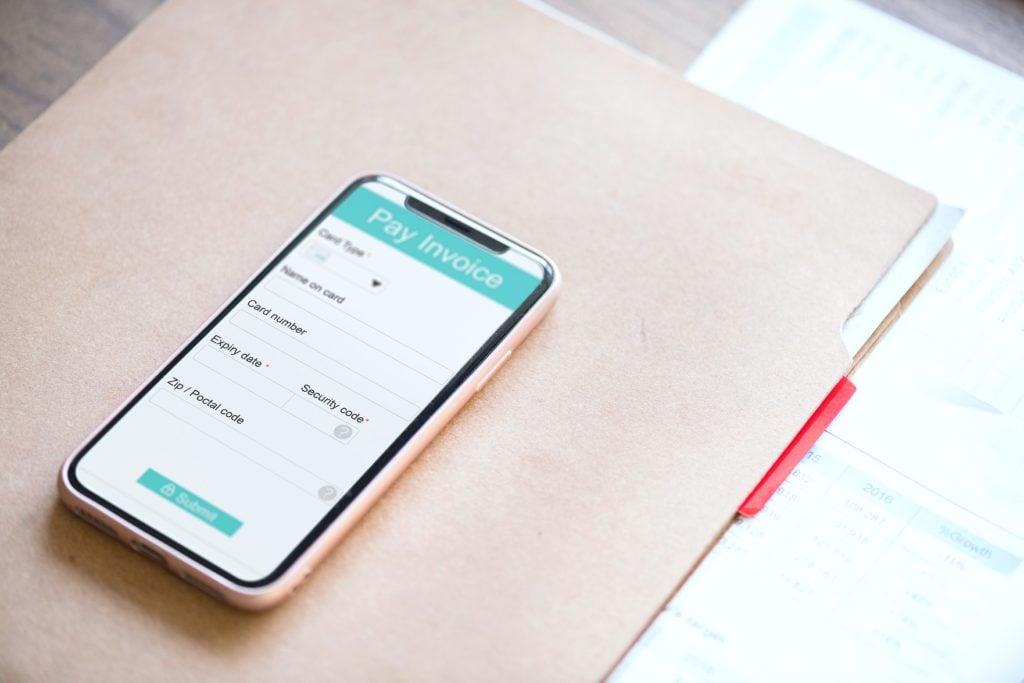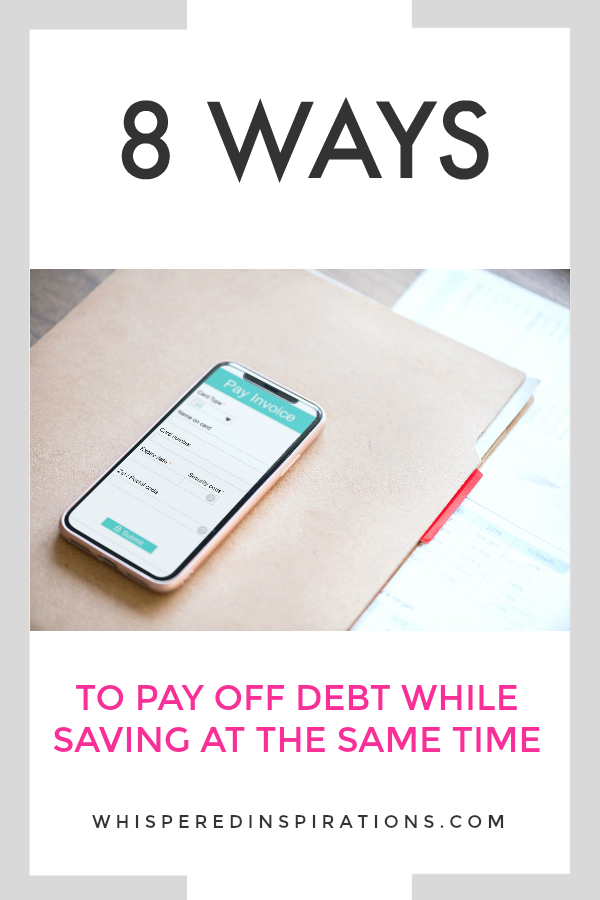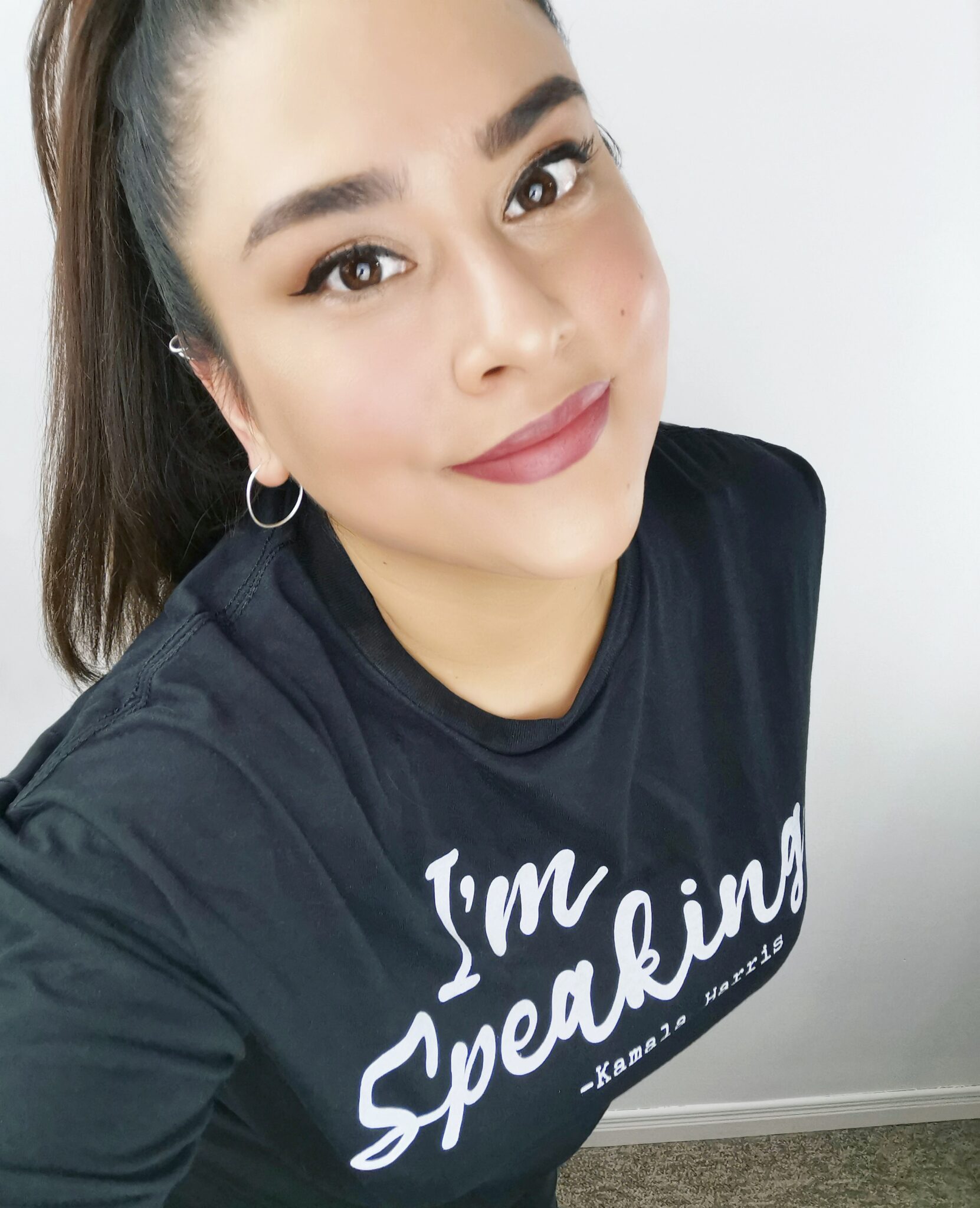Paying Off Debt & Saving Money at the Same Time

Managing Debt—and Paying Off Debt at the Same Time
One way to achieve financial independence is by paying off debt. The faster you pay off your financial burdens, the better. However, it is easier said than done. Most people can’t decide whether they should start saving or repay all their loans.
The first step toward financial independence is the most important one. It can help you develop the confidence to continue onward until you reach your goal. Once you gain momentum, nothing can stop you from achieving your dream.
Here are some ways that can help you start paying off your obligations and save money at the same time.
Start with a Goal
It is important that you start with a goal. The goal should be realistic so that you don’t lose motivation along the way. While it is easy to accumulate financial burdens, it is hard to pay them off. If you also want to save money at the same time, then you need to work hard to achieve your goals.
It requires time, effort, patience, and self-discipline to become financially independent. You should monitor your progress to help maintain motivation along the way.
Find the Method that Works for You
You can use several methods to repay your financial obligations. One way is the snowball method that prioritizes getting rid of the lowest balance first. Once you pay it off, move to the next one. Experts say that seeing how you pay off loans quickly will also motivate you to continue with the process.
Another method is the higher interest rate process. In this method, you focus on the most expensive interest rate first. Once you paid it off, you move to the second one. By getting rid of the most expensive guaranteed consumer loan, you save a lot of money.
It is up to you to find the method that suits your circumstances. Especially when it comes to paying off debt. It is important that you stick to the method that works for you, though. Changing the method in the middle might make you lose both your momentum and your motivation. Then, you are back to square one.
Have a Savings Fund
You should prepare for the worse to happen. Make sure you have an emergency fund that can cover your living expenses in case you find yourself out of work in the future. This way, you would not make more loans to cover your expenditures.
Use Only One Car
You spend thousands of dollars a year for the privilege of driving your own car. Multiply that amount by two or three, depending on how many cars your household owns. Even if you have paid off the car, the costs of fuel, repairs, routine maintenance and insurance are very expensive.
If it is possible, you should take the bus to go to work. It is much cheaper than using a car. If you live near your workplace, consider riding a bike or walking. That way, you enjoy a cardio workout while going to work every day.
If your family can’t live without two cars, consider getting one that’s fuel-efficient. You should trade-in your SUV for a smaller car that uses less fuel.
Sell Unwanted Stuff
You collect a lot of stuff over the years, whether you like it or not. There are things you haven’t seen for years that are just collecting dust in your garage or attic. Find out if there are items you can sell. Then, you can use the proceeds of the sale to repay your obligation.
The good news is there are many online platforms you can use to sell used stuff. Aside from eBay, you can post on Craigslist and even Facebook.
Downsize Your Home
Another way to have more money to pay off your financial obligations is to move to a smaller house. You can also consider moving away from the center of the city. By doing this, you can save thousands of dollars if you choose a smaller apartment outside the city center. Then, you can use those savings to repay all your loans.
Collect Loose Coins
When it comes to paying off debt, anything helps. You can set a jar in your bedroom where you put your loose coins at night. This is a good way of saving money to repay your obligations. Another possibility is to place $1 bills in your collection jar to make collecting for your payments faster.
Stop Using Your Credit Cards
You should consider taking the plastic out of your wallet. Hide them in your dresser so that you will not be tempted to use them. You can put them back into your wallet after you repay all your debts.
Paying for items with cash will help you differentiate between wants and needs. You become more conscious about your spending and make you think twice about paying the cashier.
Improve 401(k) Contributions
Another way to save for your future while paying off your debt is to increase or accelerate your 401(k) contributions. You should put between 10 percent and 15 percent of your income toward your retirement fund. The earlier you start the fund, the more wealth you save.
These are ways you can save money and repay all debts at the same time. It is not easy to achieve your financial goals, but the rewards are worth the time and effort you put on them. There’s no easy way to do the process. You just need to persevere and you will be successful in no time.
If you found these financial tips on paying off debt helpful, check out how to save more or how to conquer fraud.
How do you manage your debt?
Let me know, til then–cheers m’deres!

PIN FOR LATER


Nancy Polanco is a freelance journalist, lifestyle content creator, and editor of Whispered Inspirations. She is a proud Mom to Gabby and Michaela and partner and best friend to Darasak. Having worked as part of a health care team for almost a decade, Nancy is happy to be back to her passion. She is a contributor to the Huffington Post, TODAY’s Parents, and an Oprah Magazine Brand Ambassador.






